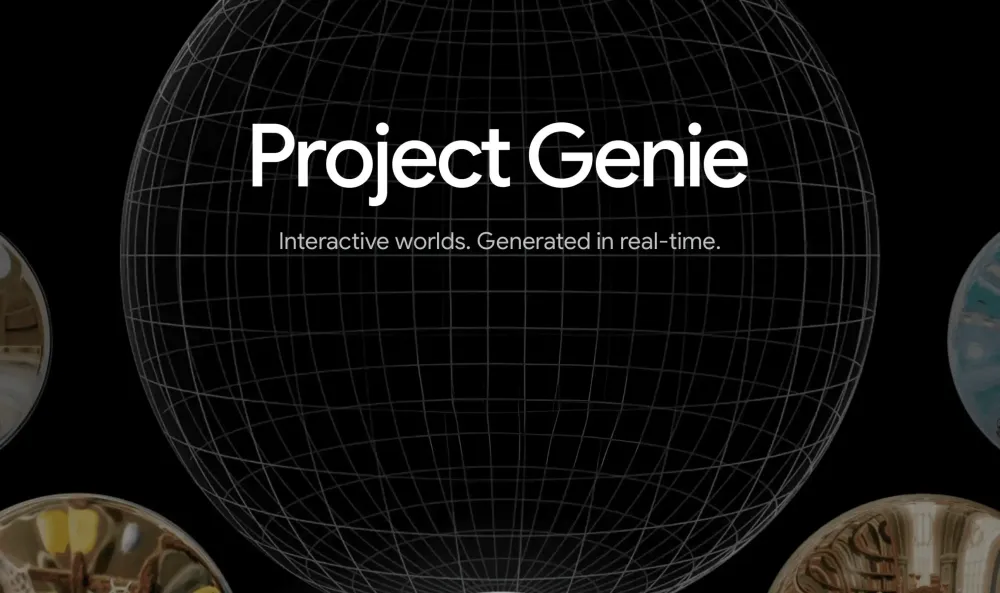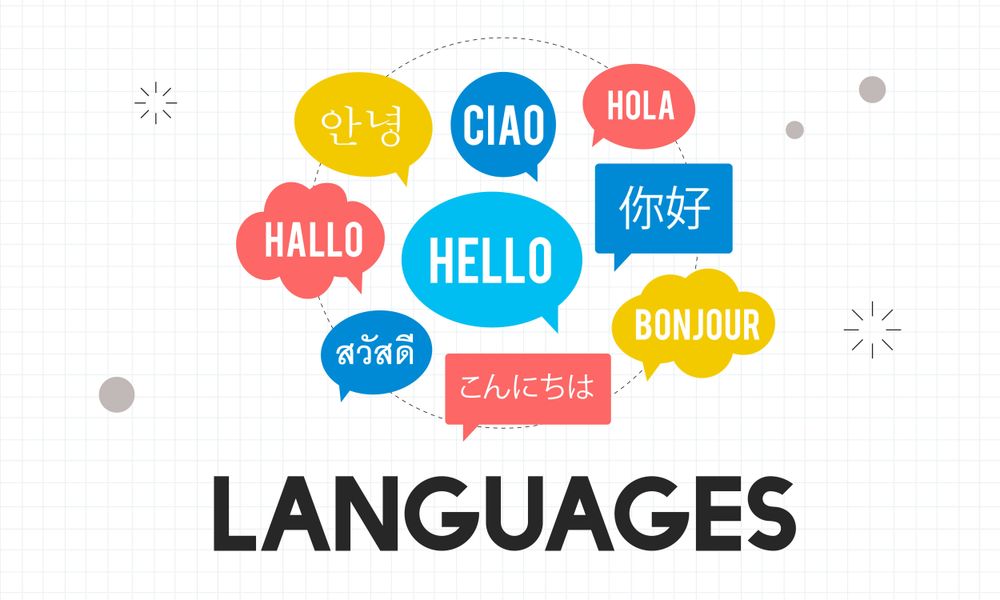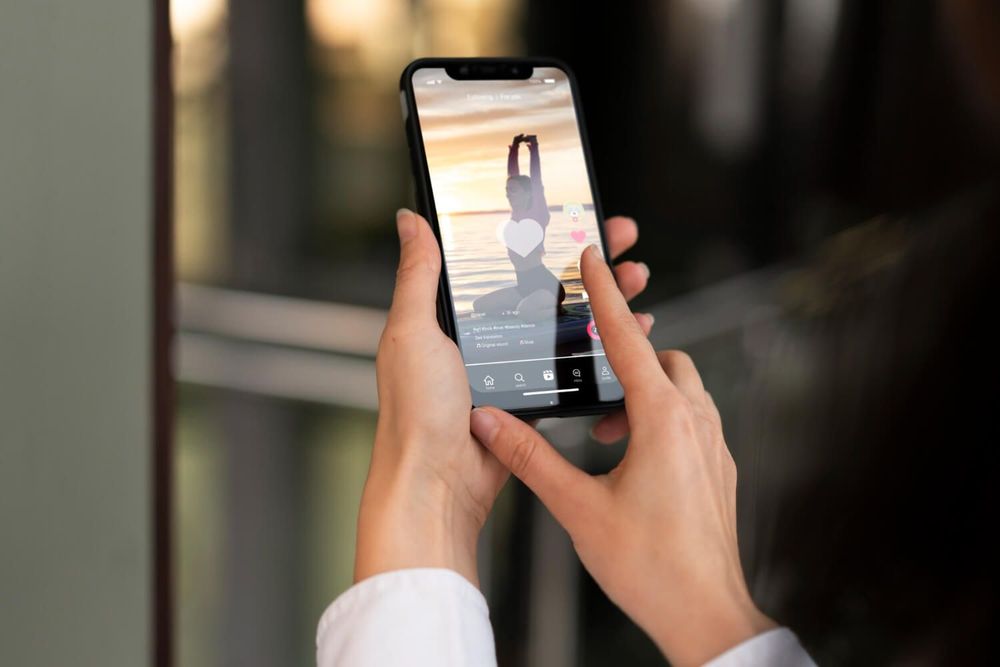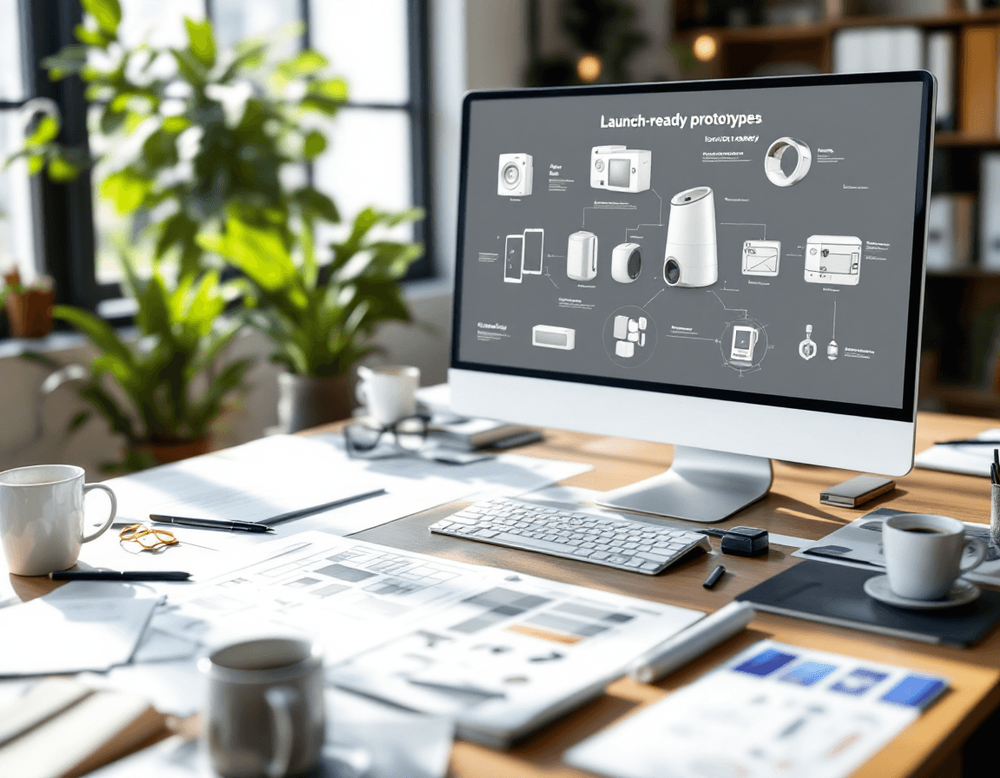Celebrities Using AI: Innovations, Controversies, and the Future of Fame
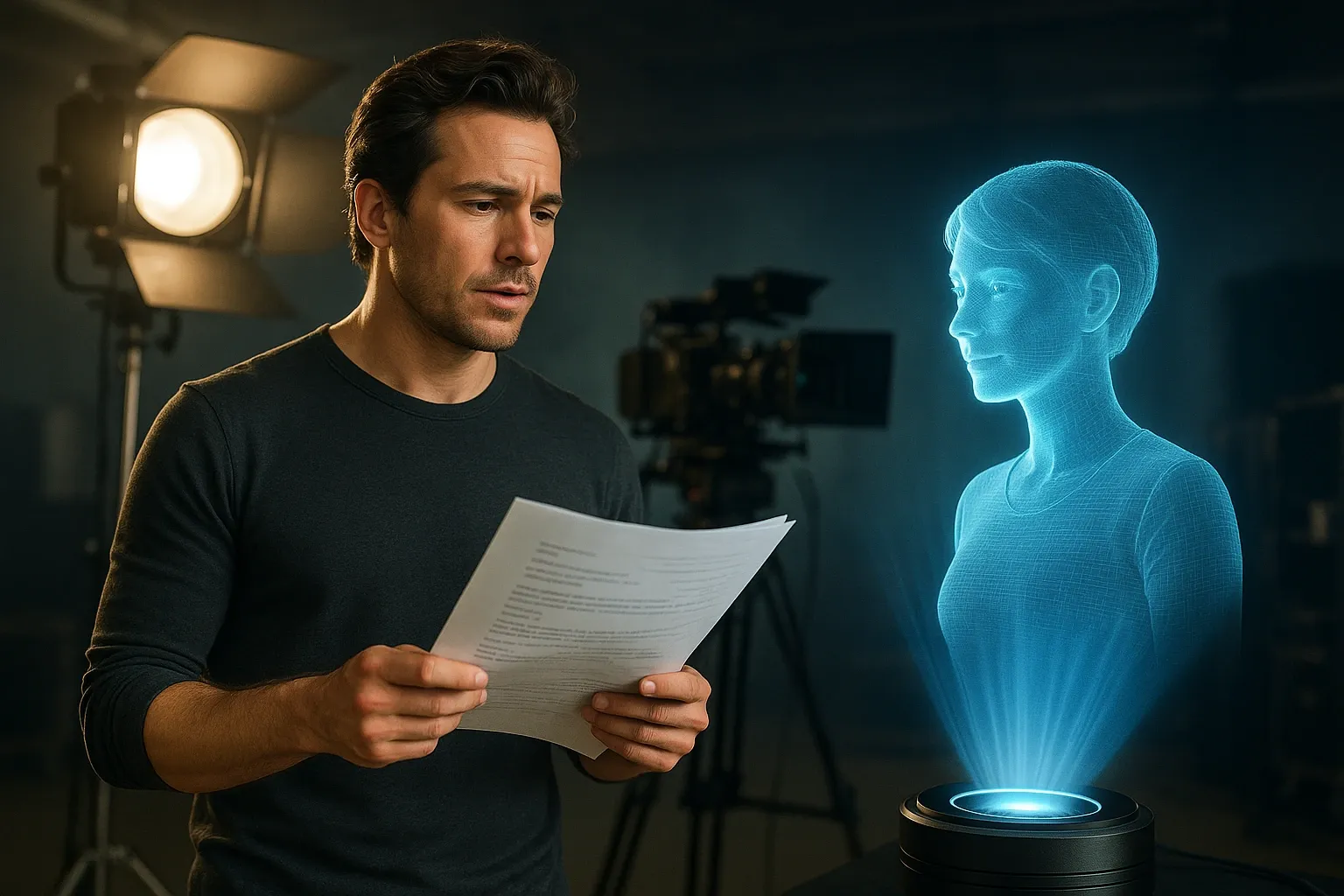
AI in celebrity culture has shifted from a passing trend to a defining force in entertainment. Today’s musicians, actors, and influencers are not only reacting to AI—they’re co-creating with it. From AI-assisted music production to virtual performances, famous names are using technology to expand their creative reach.
- Musicians: Producing AI-generated beats, remixes, and collaborations
- Actors: Licensing their voices and likeness for digital or virtual performances
- Influencers: Using AI avatars and tools to shape curated online personas
Alongside these innovations, controversies are emerging—deepfake scandals, copyright disputes, and debates over consent and intellectual property. This article explores how celebrities are embracing AI, the ethical dilemmas they face, and what these changes signal for the future of fame. Whether it’s revolutionizing music production or blurring the boundaries between real and virtual identity, AI is redefining what it means to be a celebrity in 2024.
Celebrities at the AI Crossroads
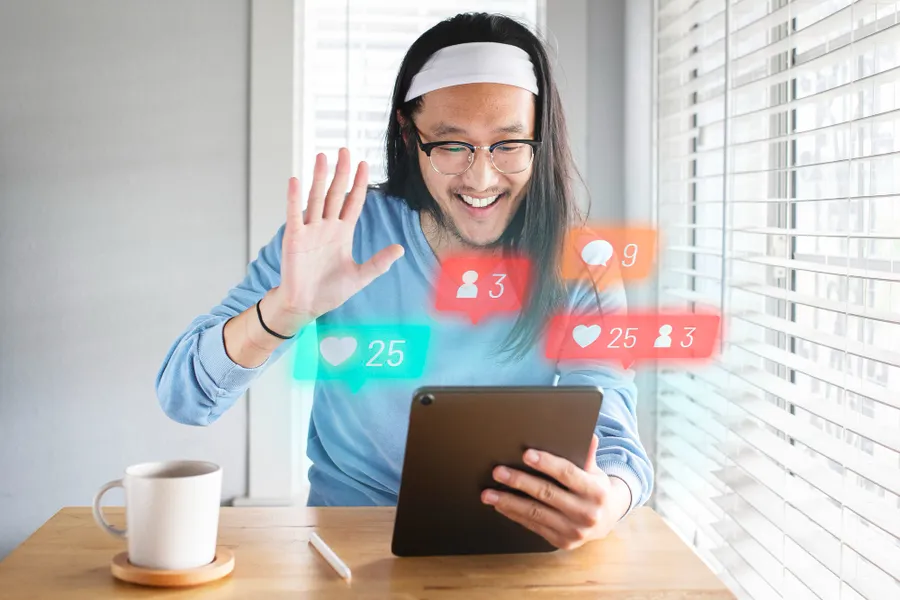
Artificial Intelligence (AI) is no longer just for tech companies—it is actively reshaping creativity, fame, and even the identity of celebrities. From Hollywood actors and global pop stars to influencers and athletes, the world’s most famous faces are now using AI in ways that are both groundbreaking and controversial.
Why Are Celebrities Adopting AI?
For many celebrities, AI represents a powerful mix of opportunity and risk. It enhances creativity, automates fan engagement, and opens new revenue streams. Common uses include:
- Music: AI-assisted songwriting, remixes, and full album production
- Acting: Licensing voices and likenesses for digital characters and assistants
- Influencing: Using AI image-editing tools to refine personal branding
- Investing: Backing AI startups or launching proprietary AI platforms
However, the same tools that empower stars can also be weaponized. Deepfakes, cloned voices, and digital scams increasingly exploit celebrity likenesses, blurring the line between real and artificial personas and raising urgent questions around consent and control.
The Double-Edged Sword of AI Fame
AI creates both breakthroughs and risks for celebrities. On the positive side, it allows artists to expand their reach, scale their creativity, and build new digital experiences. On the negative side, it exposes them to threats such as:
- Cheapfakes: Edited clips that distort context and spread misinformation
- Deepfakes: Hyper-realistic videos that spark scandals or impersonation risks
- Loss of authenticity: Digital doubles that erode trust between stars and fans
Some celebrities embrace AI as a brand-expanding opportunity, while others advocate for regulations to limit misuse. In 2024, the relationship between celebrities and AI remains dynamic—and fraught with ethical dilemmas.
Ways Celebrities Are Using AI
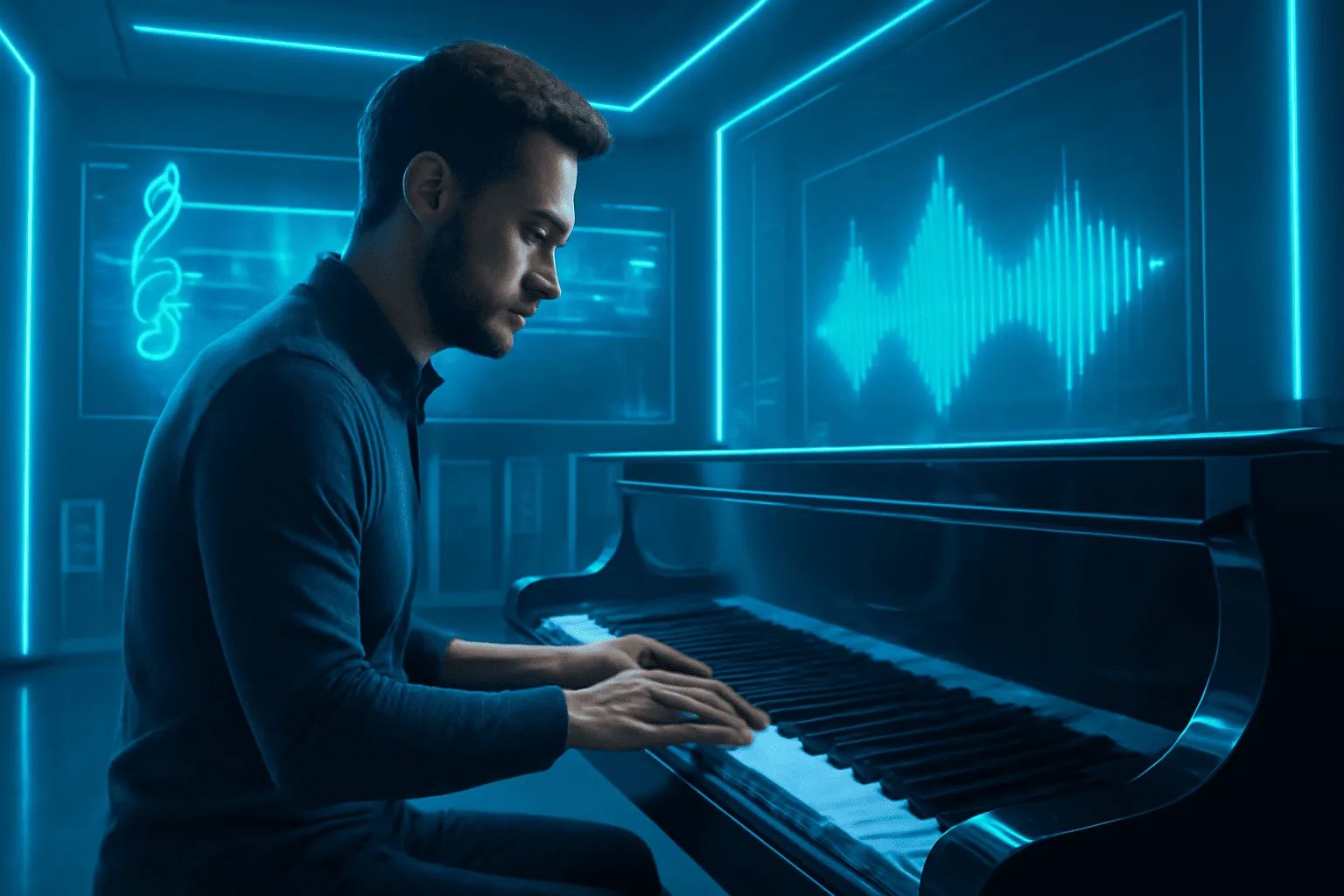
Celebrities are experimenting with AI in music, images, fan interactions, and even business investments. Here are the main ways AI is reshaping how stars create, connect, and influence:
AI in Music Creation and Production
Musicians are early adopters of AI, using it to compose melodies, generate lyrics, and even synthesize voices. Notable examples include:
- Holly Herndon – Built the Holly+ AI voice instrument, ran an AI “chorus,” and uses ML for voice modeling.
- Grimes – Released an official AI voice model via Elf.Tech with revenue sharing for fan-made AI tracks.
- YACHT – Used ML to generate melodies and lyrics for their album Chain Tripping (2019).
- Taryn Southern – Pioneer of AI music with her 2017 project I AM AI, using Amper and AIVA.
- will.i.am – Advocate for AI “co-pilots” in songwriting and creator tools.
Voice Cloning and Multilingual Innovation:
- MIDNATT (Lee Hyun) – Used HYBE/Supertone tech to release “Masquerade” in multiple languages.
- David Guetta – Demonstrated AI-cloned “Eminem-like” vocals, raising debate on AI vocal synthesis.
AI for Restoration and Post-Production:
- The Beatles/Paul McCartney – ML isolated John Lennon’s voice for the 2023 release Now and Then.
- Legacy remasters now use tools like Demucs and iZotope RX for stem separation and audio cleanup.
AI is also revolutionizing mixing, mastering, and partnerships between record labels like Universal Music Group and AI startups.
AI-Edited Images and Selfies
Social media stars use AI tools to enhance photos, alter backgrounds, or even age themselves. According to The Tab, celebrities like Katy Perry, Cristiano Ronaldo, Beyoncé, and Chris Hemsworth post some of the most AI-edited images.
Fans can also generate selfies with stars using tools like Pollo.ai's AI selfie generator, further blurring the line between real and digital celebrity presence.
AI Chatbots, Virtual Avatars, and Voice Cloning
Celebrities are lending their likeness to AI chatbots and avatars that interact with fans. Meta’s chatbots feature personalities modeled after Tom Brady, Kendall Jenner, and Naomi Osaka (Hollywood Reporter).
Voice cloning is also rising. Scarlett Johansson’s voice was controversially imitated by OpenAI (ABC7 News), sparking debates on consent. Some platforms even let fans chat with AI “clones” of famous people.
Celebrities Investing in AI Startups
Beyond creative uses, stars are betting on AI financially. Jay-Z, Elton John, Leonardo DiCaprio, and Robert Downey Jr. are investing in AI startups to transform entertainment, health, and beyond (RankWorks). These investments highlight both the promise and risks of AI in the celebrity economy.
AI and Celebrity Likeness: Deepfakes, Clones, and Legal Battles
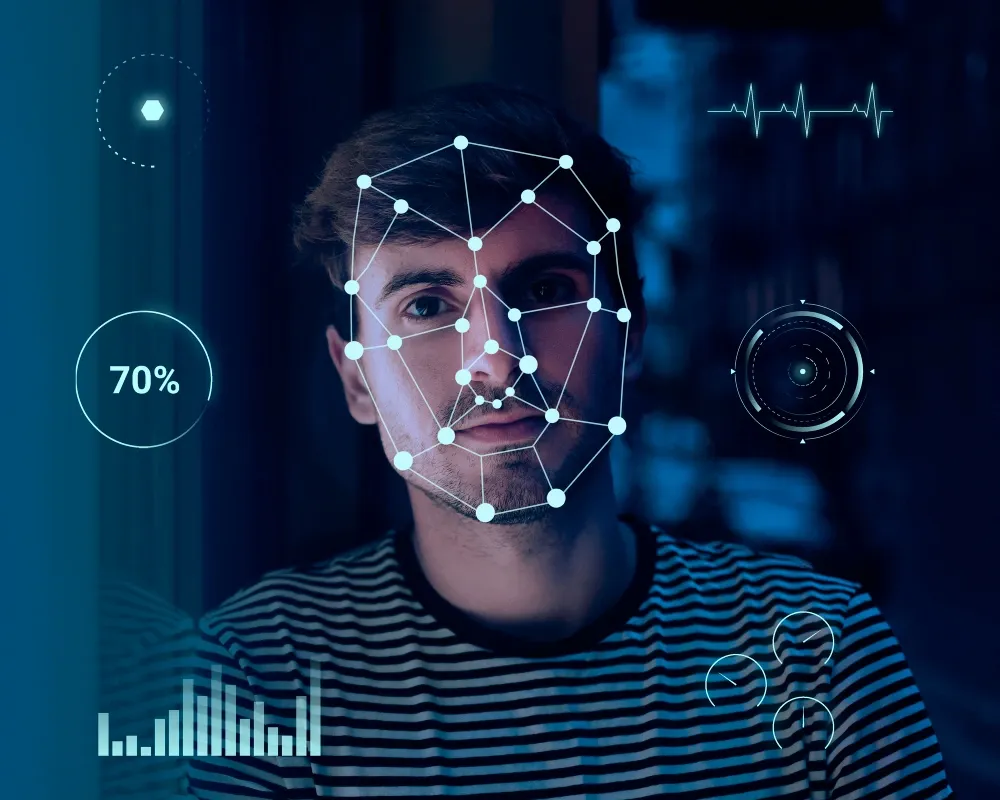
The rise of deepfakes and AI-powered clones has created one of the biggest controversies in celebrity culture. Unauthorized videos and digital impersonations can make it appear as if stars said or did things they never did, sparking scandals, scams, and legal battles over control of personal likeness.
What Are Deepfakes and Cheapfakes?
Deepfakes are hyper-realistic AI-generated videos, while cheapfakes are low-effort edits designed for rage-bait or parody. Both forms are flooding the internet, used for:
- Viral parody and misinformation
- Scam endorsements exploiting celebrity trust
- Malicious impersonation or defamation
Notable Incidents and Celebrity Reactions
High-profile cases highlight how AI impersonation impacts stars:
- Taylor Swift, Scarlett Johansson, Selena Gomez – targeted by deepfake scandals with explicit or misleading content.
- Steve Harvey, R. Kelly – likenesses exploited in AI-powered scams.
- Ryan Reynolds – embraced AI by using ChatGPT to script a Mint Mobile ad (TooFab).
Legal and Ethical Challenges
Celebrities are fighting back through lawsuits and advocacy. In 2025, stars lobbied Congress for laws against AI impersonation (CNN). Public campaigns also call for stronger rights to consent and control over digital likeness.
Yet laws still lag behind technology. While publicity rights, copyright, and trademark offer some protection, many stars remain vulnerable to unauthorized AI use. The debate continues: should AI be allowed to generate content featuring real people without explicit approval?
Musicians Leading the AI Revolution
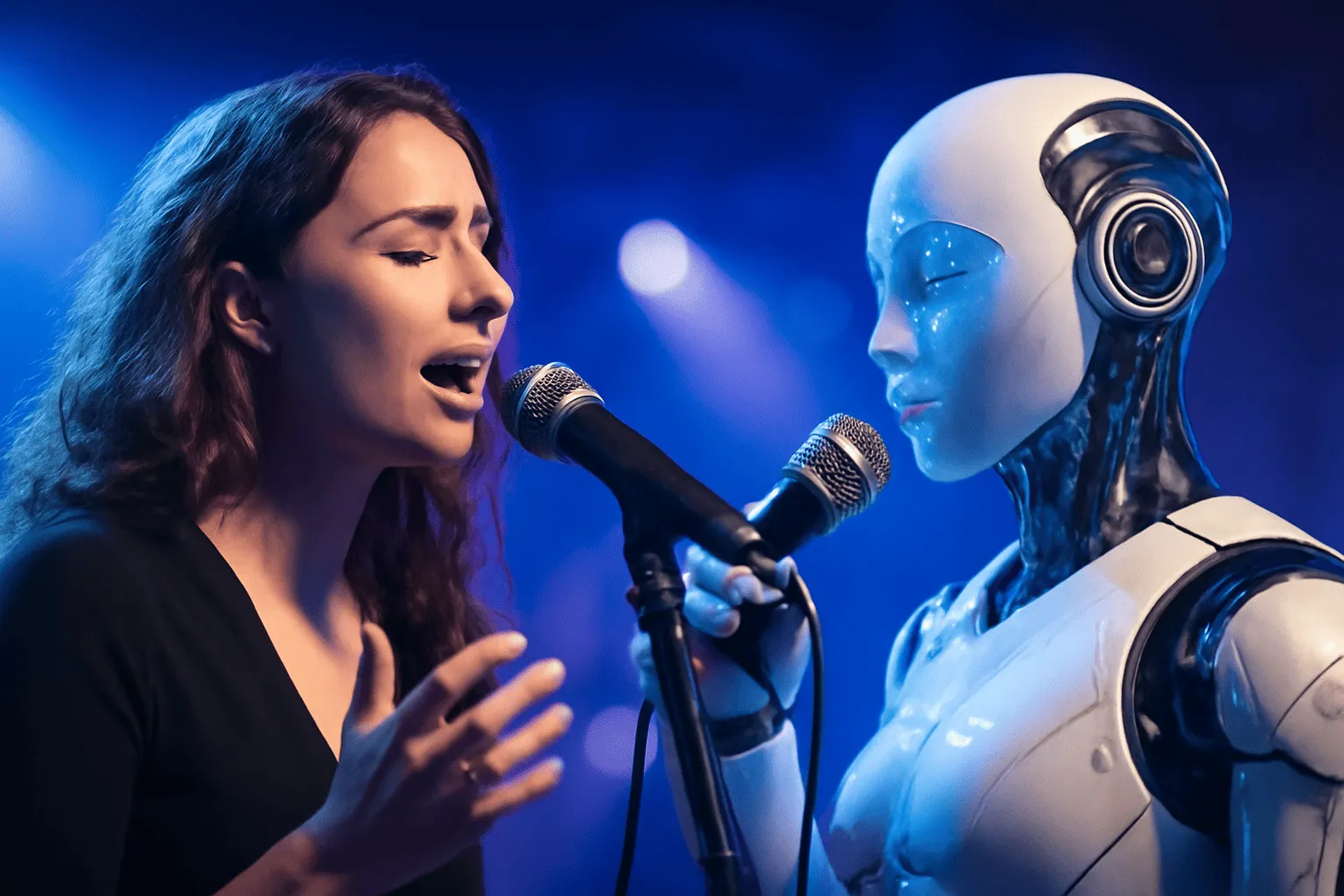
Music is at the forefront of the celebrity-AI intersection. From AI-assisted songwriting to voice cloning and restoration projects, artists are using artificial intelligence to push creative boundaries, reinvent distribution, and preserve musical legacies.
Grimes, Drake, and AI-Generated Songs
Grimes has become one of the most outspoken pioneers of AI music:
- Launched her AI voice model on Elf.Tech with revenue sharing for fan-created tracks
- Encouraged fans to experiment with her AI-generated vocals, resulting in thousands of new songs
Drake became a case study in controversy when AI-generated tracks mimicking his voice went viral. These raised questions around copyright and authenticity: Who owns a song generated by AI using a star’s likeness?
Holly Herndon, YACHT, and Deep AI Integration
Holly Herndon and Mat Dryhurst developed the Holly+ AI voice instrument and an AI “chorus,” blending machine learning with composition and voice modeling.
YACHT trained ML models on their own catalog for their 2019 album Chain Tripping, generating melodies, lyrics, and drum patterns which the band refined manually — a hybrid approach showing how AI can act as a creative collaborator without replacing human control.
Voice Synthesis and Multilingual Innovation
AI is transforming the global reach of music:
- MIDNATT (Lee Hyun, HYBE) – used HYBE/Supertone tech to render vocals in multiple languages for Masquerade (2023).
- David Guetta – demonstrated AI-cloned Eminem-style vocals live, sparking debate on the future of voice synthesis in performance.
AI in Music Restoration and Legacy Projects
AI isn’t just for new music — it’s also preserving history:
- The Beatles – used ML to isolate John Lennon’s voice for their 2023 release Now and Then.
- Similar AI tools restored audio for the Get Back documentary, proving AI’s value in archiving.
- Many legacy remasters now rely on ML demixing tools like Demucs and iZotope RX, often without public credit.
Virtual Acts and Industry Experiments
Virtual and AI-native performers are also entering the spotlight:
- FN Meka – an “AI rapper” project that drew backlash and was quickly dropped, showing the risks of virtual celebrity experiments.
- Auxuman artists – such as Yona (by Ash Koosha), represent more thoughtful approaches to AI-driven virtual performers.
- James Blake – contributed to AI-powered soundscape projects with Endel, blending adaptive music technology with human artistry.
Hollywood Actors and AI: Support, Criticism, and Experiments
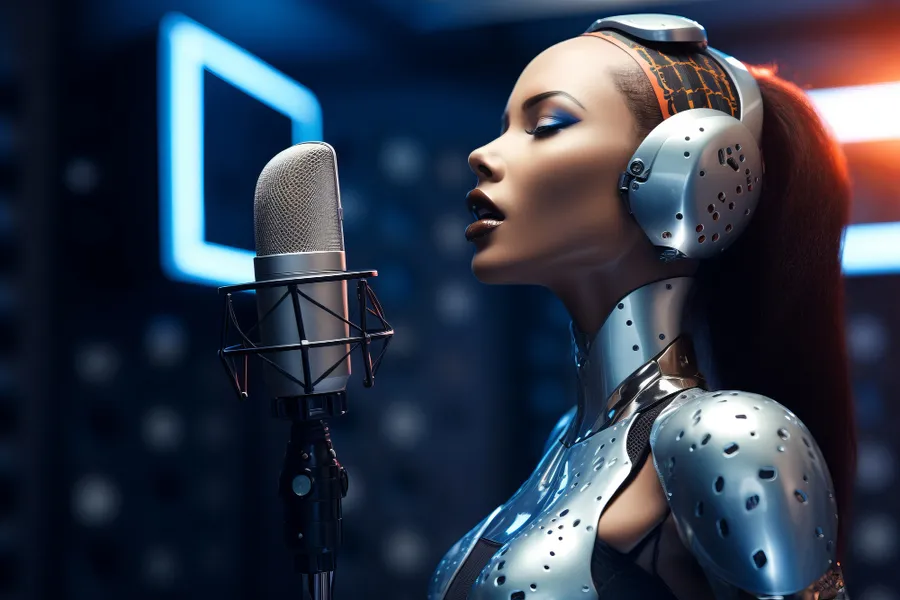
Hollywood actors have a complex relationship with AI. Some embrace it as a creative tool, while others warn about its risks to rights, consent, and the integrity of performance.
What Happened with Scarlett Johansson’s AI Voice Case?
Scarlett Johansson accused OpenAI of imitating her voice for its chatbot without permission, sparking a major debate about consent and intellectual property. She demanded the company stop using her likeness, underscoring the urgent need for legal protections around voice rights.
How Are Actors Like Ryan Reynolds, Tom Hanks, and Keanu Reeves Responding to AI?
- Ryan Reynolds – used ChatGPT to script a Mint Mobile ad, showcasing AI’s creative potential.
- Tom Hanks – acknowledged AI’s promise but warned about its misuse (OpenDataScience).
- Keanu Reeves – expressed similar ambivalence, supporting innovation while criticizing AI’s ability to manipulate actors’ likeness without consent.
Which Actors Are Fighting Against AI Misuse?
A growing group of actors and musicians are pushing back against unethical AI use:
- Taylor Swift, Julianne Moore, Thom Yorke – warned AI poses a “major threat” to creativity (LinkedIn).
- Signed open letters demanding fair and ethical AI training standards (SiliconRepublic).
- Billie Eilish, Nick Cave, James Blake – publicly criticized generative AI as a replacement for artistry, even if they’ve dabbled in limited AI collaborations.
These mixed reactions highlight a nuanced reality: many actors support AI in specific contexts but oppose its use when it replaces or exploits human creativity without consent.
Social Media, Influencers, and AI Image Editing
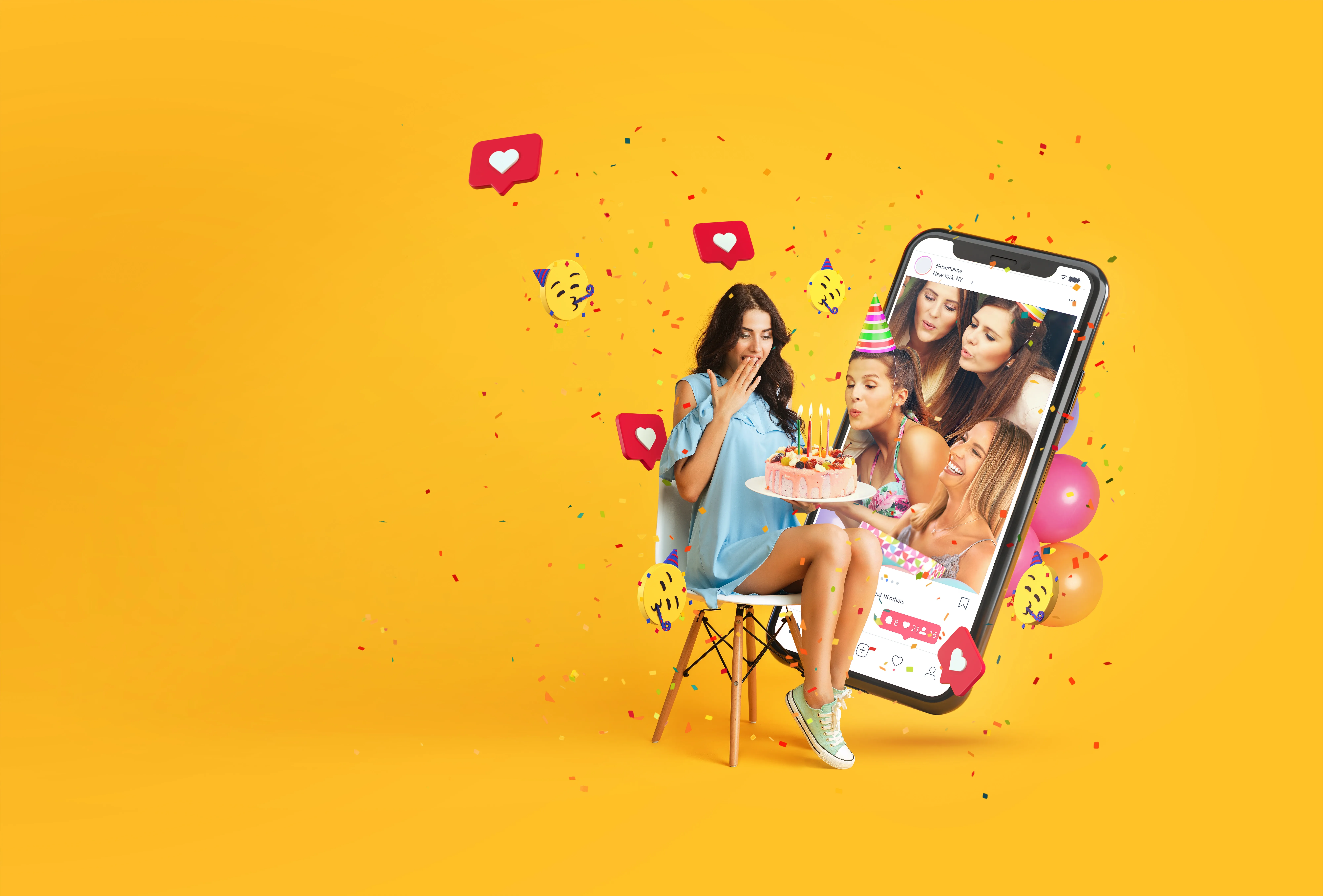
AI’s influence on celebrity culture is most visible on social platforms. From AI-edited Instagram posts to fan-generated selfies, artificial intelligence is reshaping how stars present themselves—and how fans connect.
Who’s Posting the Most AI-Edited Pictures?
A 2024 analysis by The Tab revealed that top celebrities frequently posting AI-enhanced images include:
- Katy Perry
- Cristiano Ronaldo
- Neha Kakkar
- Disha Patani
- Beyoncé
- Chris Hemsworth
- Raffi Ahmad
These stars use AI editing tools to enhance aesthetics, create surreal scenes, and polish their online image.
How Are Fans Using AI Selfie Generators?
Fans can now generate photos with their favorite celebrities without ever meeting them. Platforms like Pollo.ai and TikTok AI trends make AI-powered selfies and celebrity mashups a mainstream part of online fan culture.
What’s the Impact on Authenticity and Public Perception?
With AI editing so widespread, critics warn that it blurs the line between authentic and artificial. When fans can’t distinguish real images from AI-generated ones, trust erodes—reshaping both celebrity reputation and public discourse about fame.
AI Scams, Impersonations, and the Threat to Celebrity Brands
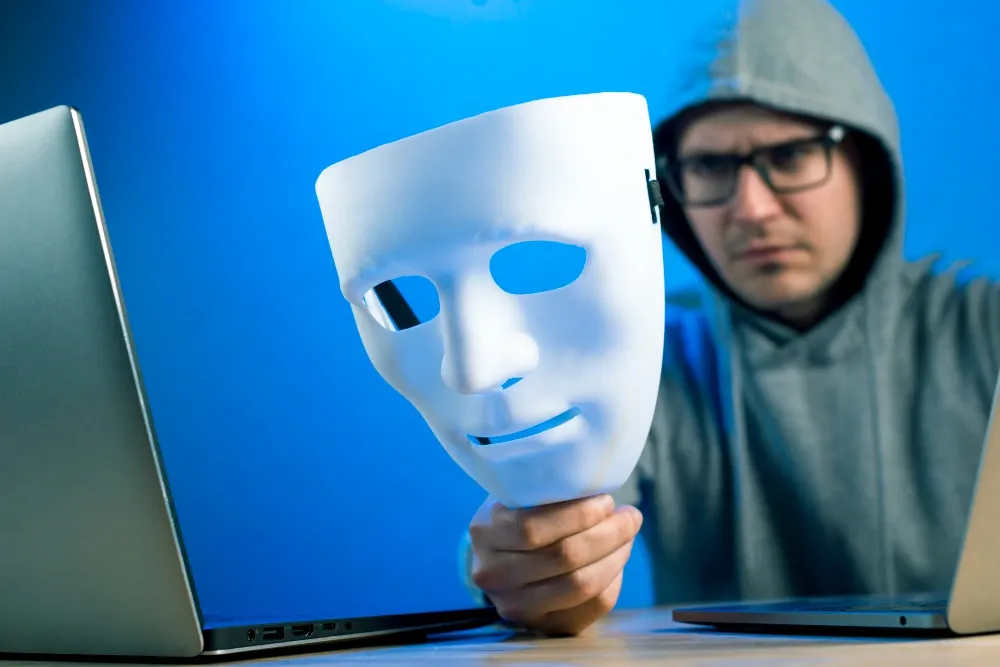
One of the biggest threats of AI in celebrity culture is the rise of scams and impersonations. From fake endorsements to deepfake fraud, these schemes endanger both fans and the brands tied to famous names.
How Are AI-Powered Scams and Fake Endorsements Targeting Fans?
Online scammers now use AI to mimic celebrities and trick audiences. According to CBS News, AI-powered impersonations are being used to:
- Promote fraudulent products or “investment opportunities”
- Solicit money directly from unsuspecting fans
- Exploit celebrity likenesses in deepfake scams that spread online
What Are Celebrities Doing to Protect Their Identity Online?
In response, some celebrities are:
- Hiring cybersecurity firms to monitor AI misuse of their likeness
- Advocating for stricter detection tools against deepfakes
- Speaking publicly about the need for stronger protections for personal identity online
How Are Lawmakers and Industry Responding?
Policy and tech industries are racing to catch up:
- Congress: debating new laws specifically addressing AI impersonation
- Industry: developing watermarking and AI-detection tools to spot fakes
- Challenge: enforcement remains difficult as technology evolves faster than regulation
Ethical Issues: Consent, Creativity, and Control
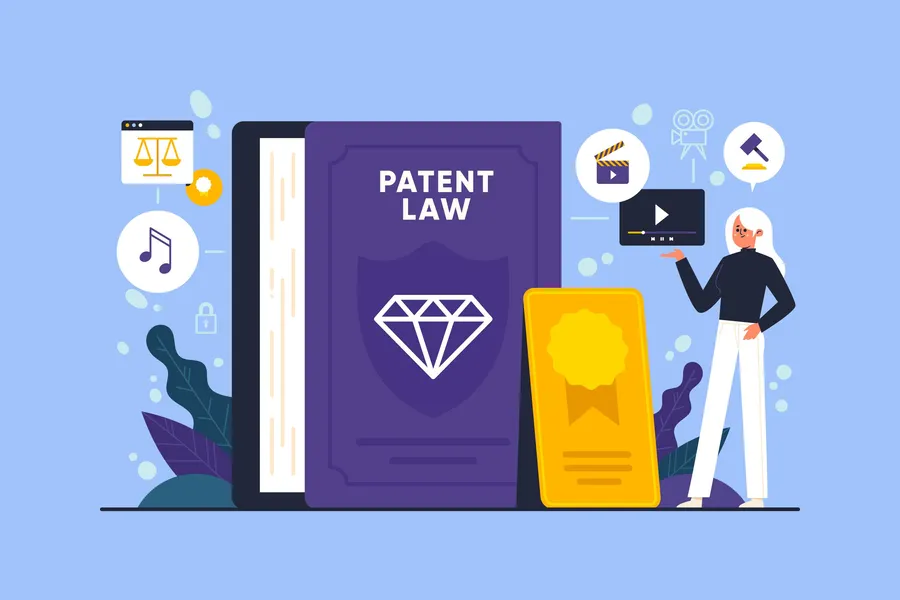
As AI becomes widespread in celebrity culture, it raises urgent ethical dilemmas. Key debates center on ownership, consent, and whether AI enhances or exploits human creativity.
Who Owns AI-Generated Celebrity Content?
Legal experts increasingly ask: who owns an AI-generated song, image, or video featuring a celebrity? The law is still evolving, but many argue celebrities must retain control over their likeness and voice—especially as AI generation becomes indistinguishable from reality.
What Role Does Consent and the Right of Publicity Play?
The right of publicity protects celebrities from unauthorized commercial use of their identity. But AI blurs these protections, creating new gray areas. Stars like Scarlett Johansson and Taylor Swift have publicly demanded explicit consent before their voices or images are used by AI systems.
Is AI Collaboration or Exploitation in Celebrity Creativity?
Celebrities are split on AI’s role in artistry:
- Collaboration: Holly Herndon integrates ML into her music, while Grimes allows fans to use her AI voice in revenue-sharing models.
- Utility: The Beatles used AI for audio restoration, and will.i.am advocates AI “co-pilots” in music production.
- Opposition: Artists like Billie Eilish and Nick Cave warn that AI risks replacing, not supporting, human creativity.
The future will demand new ethical standards and legal frameworks to balance protection with innovation—ensuring AI enhances creativity without eroding human artistry.
The Future: How AI Will Transform Celebrity Culture
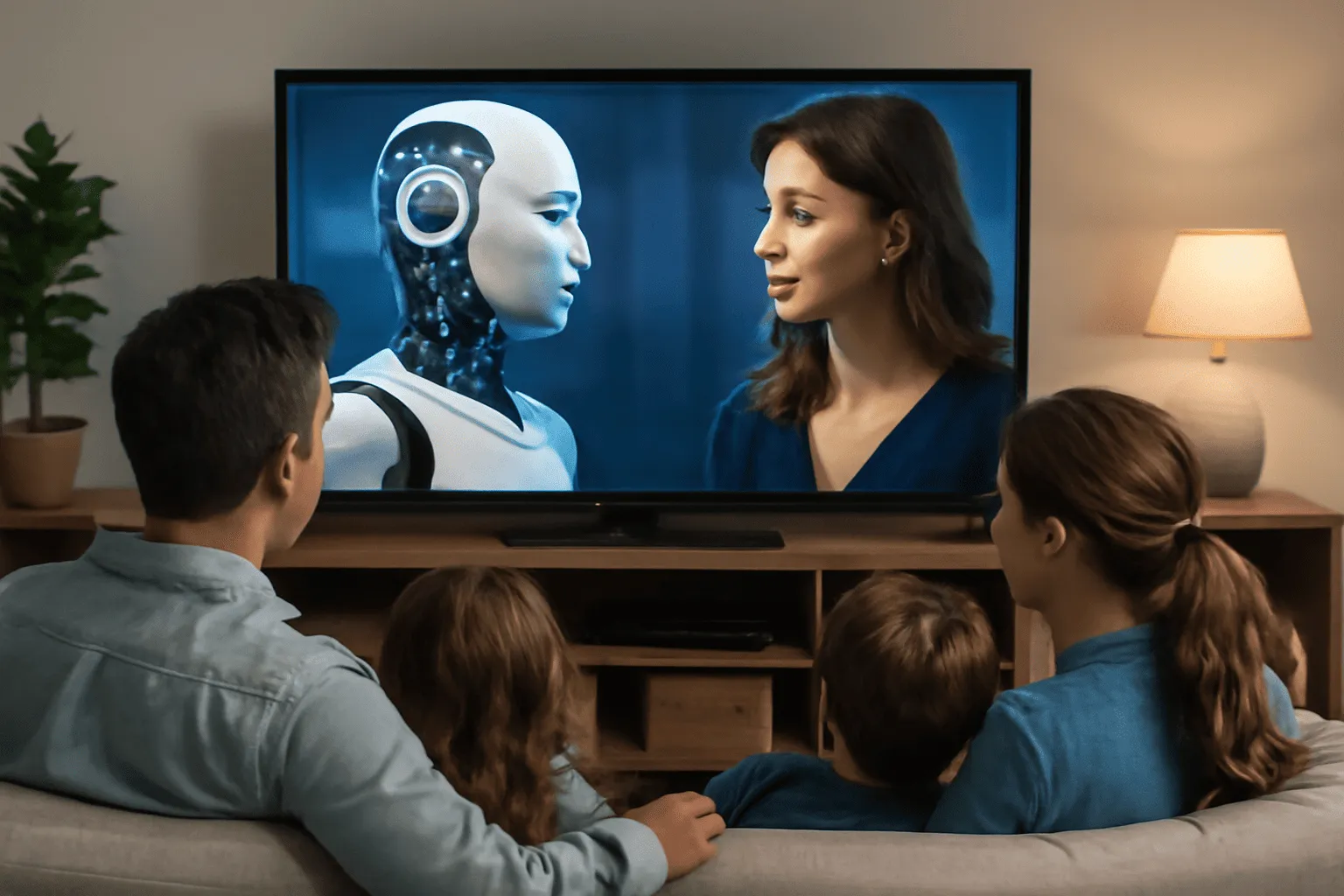
AI is set to reshape fame over the next decade, redefining how celebrities engage with fans, how brands are managed, and even what it means to be “famous.”
How Will AI Create New Possibilities for Fan Engagement?
AI will expand the ways stars connect with their audiences, including:
- Personalized fan interactions through AI-powered messages and meet-and-greets
- Virtual concerts and holographic performances reaching global audiences
- Interactive “digital twins” that can engage with fans 24/7
- Collaborative projects such as Holly Herndon’s AI chorus, where fans and AI co-create
What Role Will Virtual Stars and Digital Twins Play?
The rise of AI-generated virtual celebrities signals a major shift in entertainment. In the near future:
- Stars may deploy digital twins to manage branding and global appearances simultaneously
- Virtual performers—evolving from early attempts like FN Meka—will become more realistic and widely accepted
- AI personas may take on their own fanbases, reshaping how celebrity identity is perceived
What Comes Next for Fame in the Age of AI?
The very definition of celebrity is changing as AI blurs the line between real and virtual personas. Key trends to watch include:
- Authenticity debates: Questions of trust, creativity, and control will dominate cultural discussions
- Winners and losers: Stars who embrace AI collaboration may thrive, while others risk losing control over their brand
- Deeper integration: Tools like HYBE’s multilingual voice tech and ML-powered music restoration show how AI will further embed in entertainment
- Pushback and negotiation: Resistance from artists wary of replacement suggests adoption will be gradual and contested
Celebrities and AI—A Relationship in Flux
The intersection of celebrities and AI is one of the most dynamic frontiers in entertainment. From creative breakthroughs to lawsuits over deepfakes, artificial intelligence is reshaping what it means to be famous in 2024 and beyond.
Creative innovation: Artists like Holly Herndon with AI voice instruments and The Beatles with restored vocals show how AI can expand artistic possibilities.
Business and advocacy: Celebrities from Grimes (revenue-sharing AI voice model) to will.i.am (AI co-pilots) are embracing AI, while stars like Billie Eilish warn against its overuse.
Risks and resistance: Deepfake scandals, scams, and debates over rights and consent underscore the dangers of AI misuse—driving calls for regulation and stronger protections.
Fan engagement: AI offers audiences new ways to connect with celebrities—through personalized interactions, digital twins, and collaborative projects that blur the lines between fandom and co-creation.
For fans, AI represents fresh creative opportunities. For celebrities, it presents both unprecedented potential and serious threats to reputation, creativity, and control. As technology advances, dialogue between creators, fans, and regulators will be crucial to ensure AI enhances rather than undermines the magic of celebrity culture.
The future of fame is being written in code and creativity— and how stars embrace, resist, and shape AI will define the next chapter of stardom.


